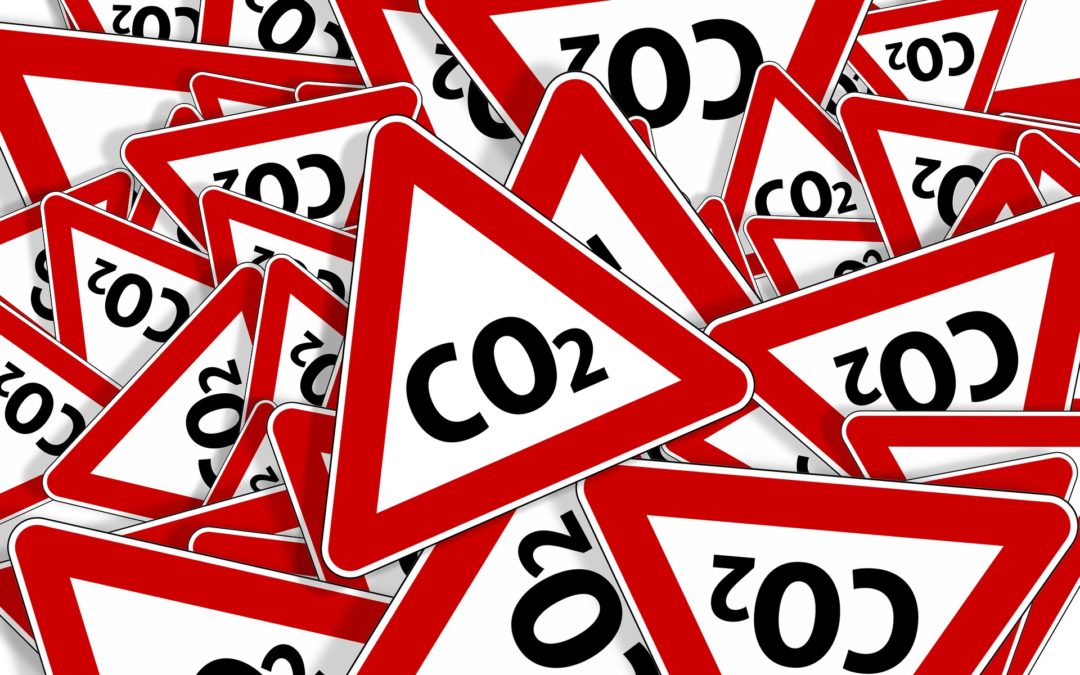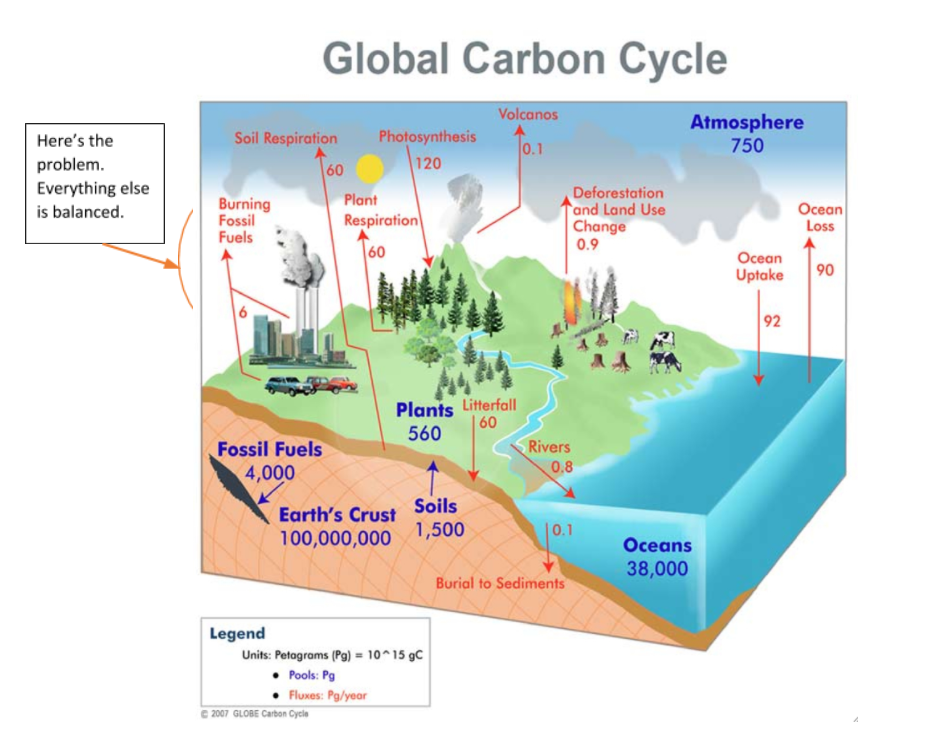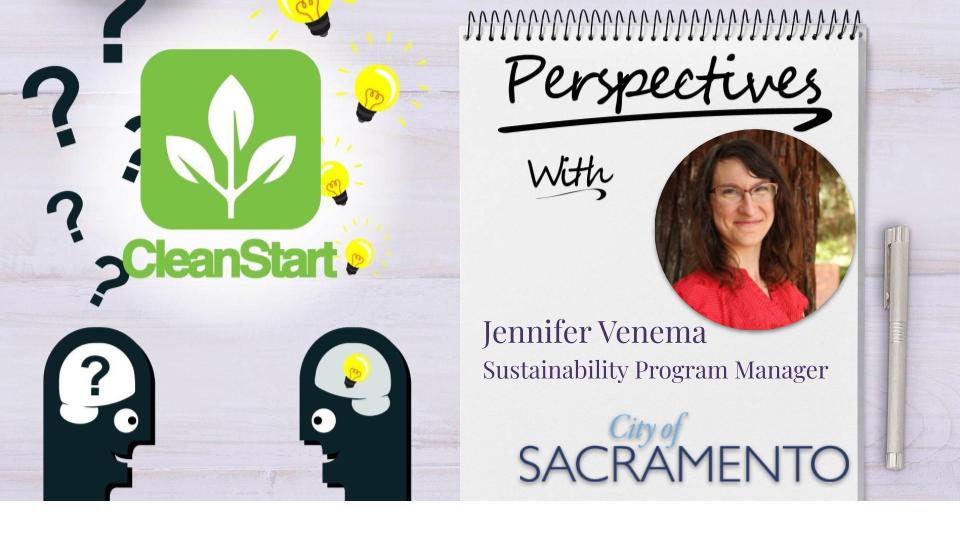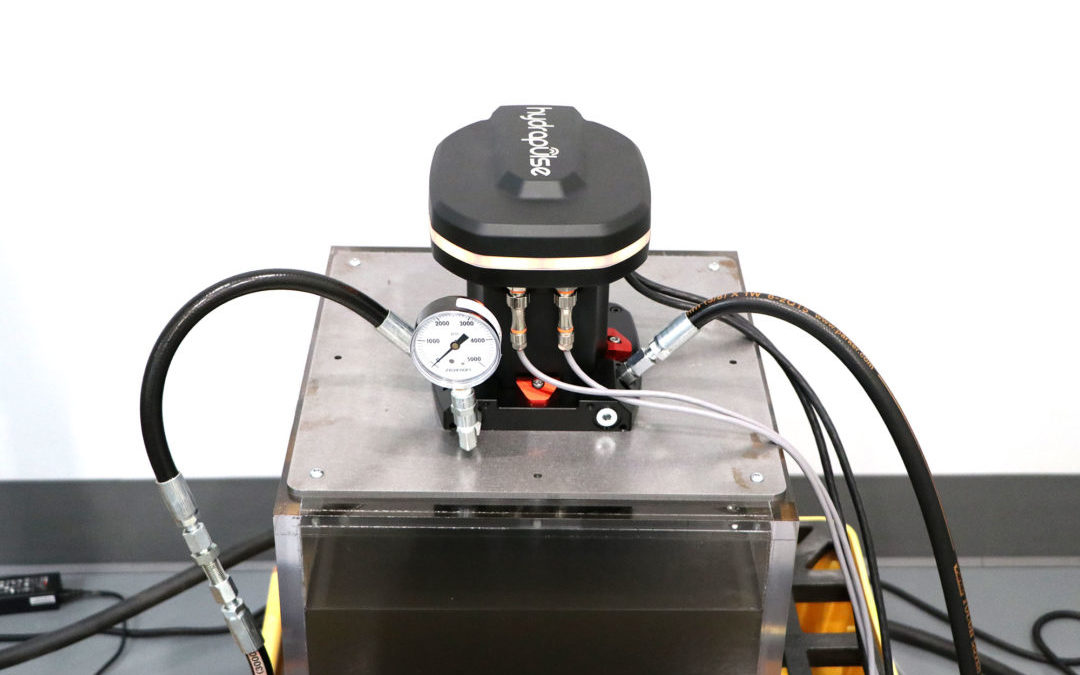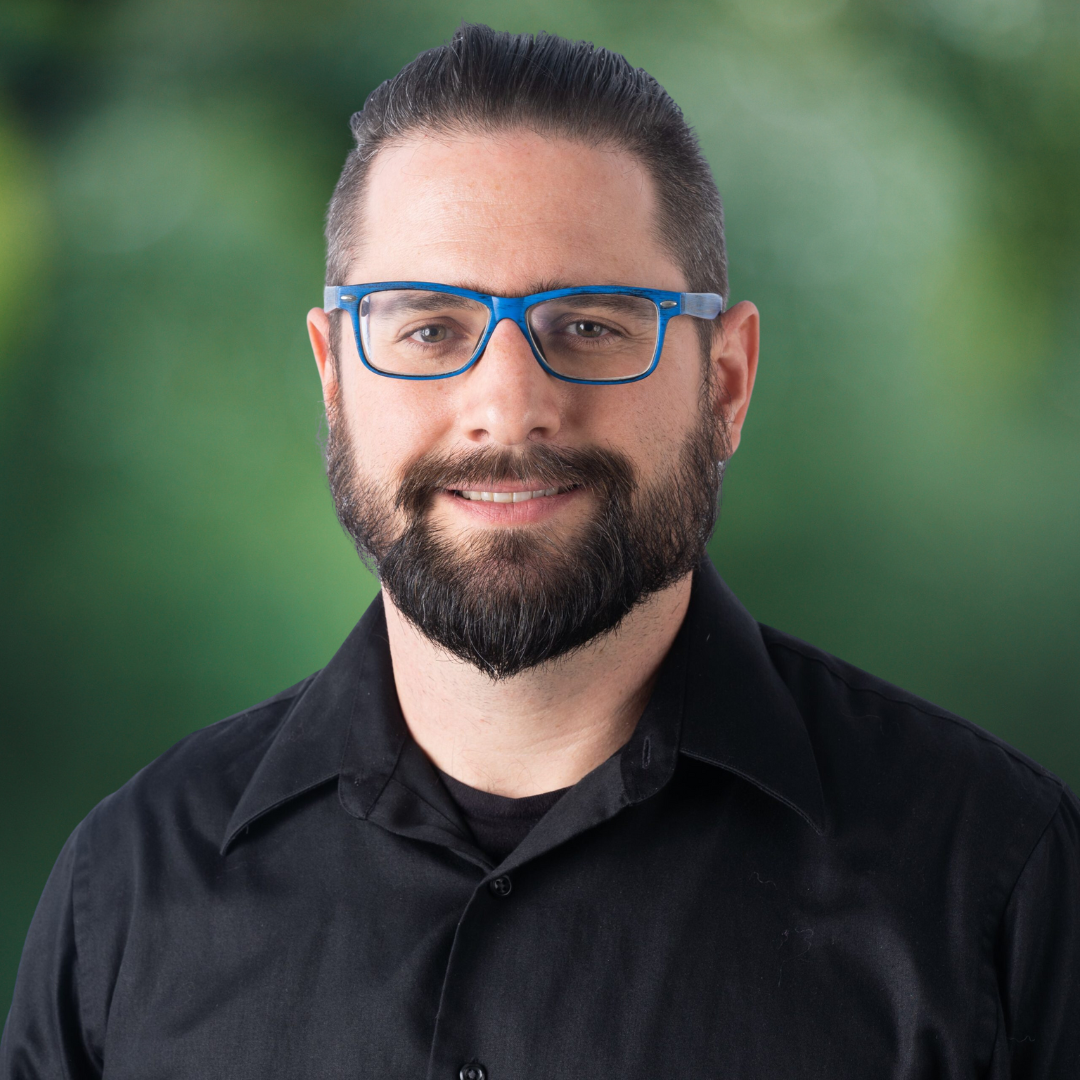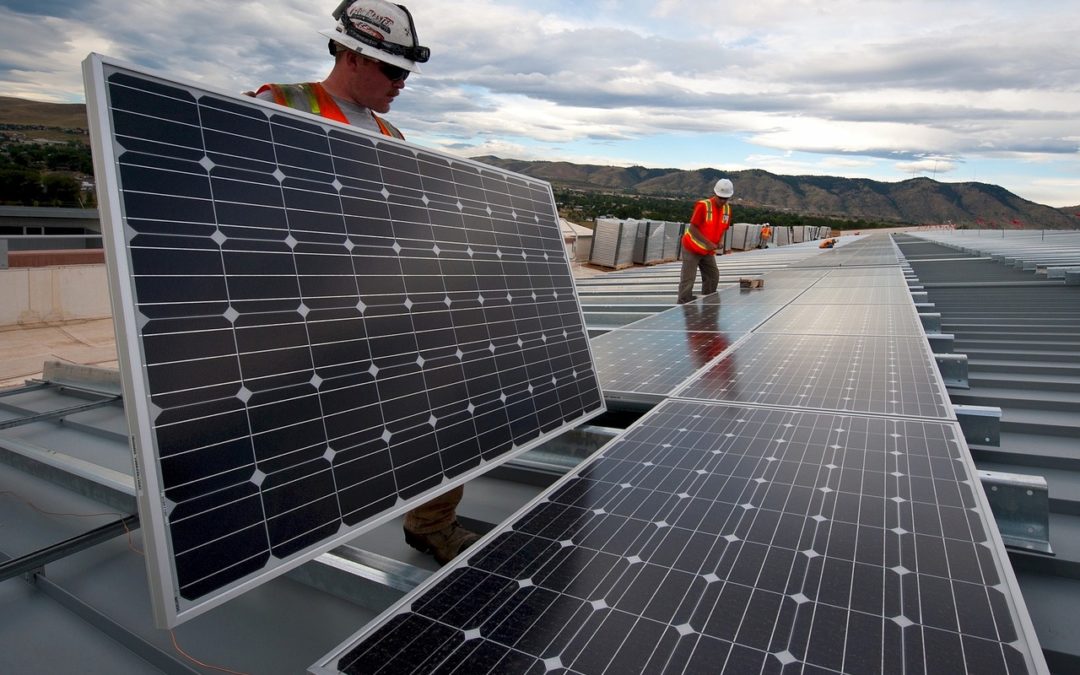
Green Drinks Discusses Recycling Solar
“It’s more of a problem than we thought it would be, now we have to work to fix the messes that we have made over the past 40 years.” Sam Vanderhoof, CEO
This month GreenDrinks chose to focus on how you can make an impact by recycling your clean technology. More specifically, solar panels. We spoke with Sam Vanderhoof, CEO of Recycle PV Solar, to learn more.
Recycle PV Solar is a relatively new company, with their first plant opening only two years ago and their other two plants following not too much later after that. CEO, Sam Vanderhoof, has been in the photovoltaic industry for a while. Vanderhoof experience building companies and installing solar panels, running a company that installed over 9,000 rooftop solar panels in Sacramento.
Recycle PV Solar had partnered with European based recycling business, PV Cycle, the largest PV recycling company, to bring technology to the US. Recycle PV Solar’s mission is to keep solar panels out of landfills and educate the public on how to recycle their PV solar once it reaches the end of its life.
It was originally thought that solar panels could provide around 30 to 50 years of services, but they typically last 12.5 years. Vanderhoof says that “while they could last a long time, we are seeing a lot of early life failure,” from environmental damage and questionable manufacturing.
PV panels are retiring quickly; it is projected by 2030, the decommissioning of solar panels will be higher than the installation of them. It is time to address what we will do at the end of life for solar panels.
In Europe, 95% of their PV Solar is being recycled, compared to the United States, where only about 10% of it is recycled, leaving the rest to end up in landfills. What are we doing wrong? One thing is that Europe has a mandatory recycling program for everyone. It cost European Recyclers about $0.70 to recycle each panel. In the U.S. it is an average of $18.00 per panel; this is because most of the recycling here is volunteer-based and hasn’t reached economies of scale to reduce cost.
Recycle PV Solar is looking to prevent solar panel waste from being an environmental disaster, keeping the Green Economy Green. Vanderhoof closes by saying that “Everything we need to make this happen exists today; it is time to fix the messes we have made over the past 40 years.”

ABOUT THE AUTHOR
Saraia Jackson is a second-year computer science major at CSU Sacramento. Her long-term goal is to become a cybersecurity analyst. She wants to show young African American women that they can do whatever they put their minds to no matter where they come from. She also really wants to devote her life to helping children and making a difference.
CleanStart Sponsors
Weintraub | Tobin, EY, Moss Adams, Momentum
BlueTech Valley, PowerSoft.biz, Revrnt
College of Engineering & Computer Science at Sacramento State


